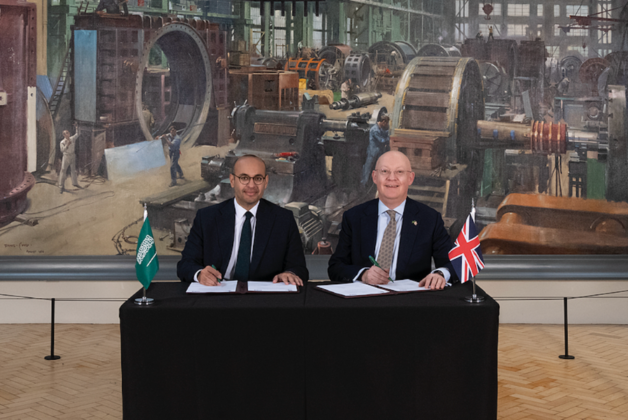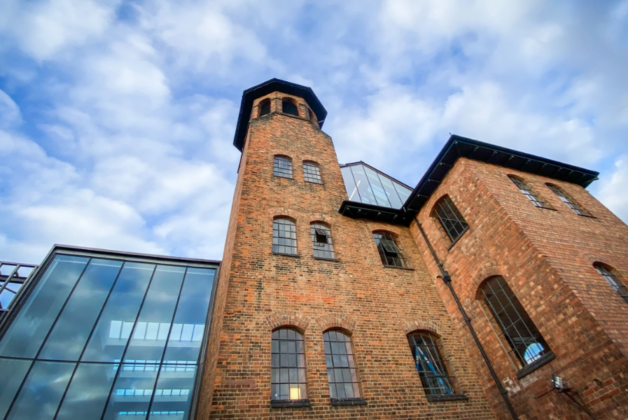Image: Our Future Planet exhibition © Science Museum Group
A target of achieving Net Zero carbon emissions by 2033 has been set by Science Museum Group, as the organisation confirms its programming will increasingly frame climate change as the “greatest challenge facing humanity”.
Science Museum Group believes it is being suitably ambitious by aiming to achieve the environmental milestone of Net Zero 17 years sooner than the 2050 target set by the UK Government, having signed up to the Science Based Targets Initiative that promotes signatories tackling both direct emissions and those in their supply chains.
“As we emerge from the coronavirus pandemic, climate change is the greatest challenge facing humanity,” says Sir Ian Blatchford, director of the Science Museum Group. “As well as engaging our audiences with this grave threat, we need to do more to lessen our own environmental impact, which is why we’re today committing to achieving Net Zero by 2033.”

What’s on?
Science Museum Group’s increased focus on the environment through its programming will include:
- Our Future Planet, which will run between 19 May 2021 and 4 September 2022 as a contemporary science exhibition exploring the latest techniques being developed for removing carbon dioxide from the atmosphere – a small but significant part in the fight against climate change
- Complementing Our Future Planet, activities, shows and demonstrations to engage all ages with climate science and sustainability will run at weekends and school holidays
- Climate Talks are again accepting bookings to lead public engagement with climate science in the run up to November’s COP26 summit in Glasgow
- Following on from the museum group’s popular learning resources initiative, a new hub-page for Climate Learning Resources has today been launches today – featuring videos, activities and 3D objects
- The freshly refurbished IMAX: The Ronson Theatre will reopen by showing BBC Earth’s Antarctica 3D
- Wonderlab: The Equinor Gallery will be open to engage younger visitors with science
Sustainability is not only integral to programming, but central to the organisation’s ongoing infrastructure projects. Plans to overhaul the National Railway Museum and the Science and Industry Museum, for instance, have placed environmental approaches at the heart of designs.
Construction is now also complete of the museum group’s most energy efficient building yet, its National Collections Centre in Wiltshire. Aside from the green credentials of the building, one of the nation’s largest solar farms will soon be joined by 30 hectares of native woodlands established by an ongoing tree-planting project. Further, hydrogen and electric cars and bicycles will be used by colleagues to navigate the 545-acre campus.

London’s Science Museum is set to reopen on 19th May – assuming Government guidelines remain unchanged – with Our Future Planet in place to inform the public about carbon capture and storage.
“This extraordinary year has shown the relevance of science to all our lives so, as we look towards reopening our museums in mid-May, we can’t wait to inspire our audiences once again with the ideas and innovations that continue to shape our world, and find solutions for a better future,” Blatchford continues.




